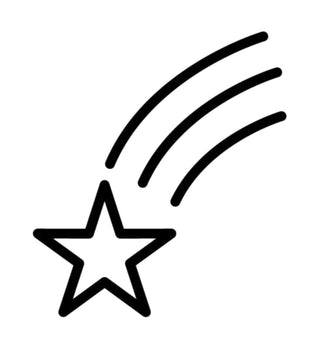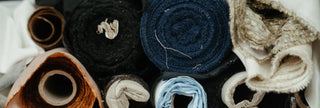
Sustainable Materials
Using up all the materials that already exist.
By using materials and clothing that already exists, we create beautiful clothes without compromise: to the planet our people and the design. Preloved, deadstock, and antique fabrics make up over 70% of the collection - sustainable fabrics are used for the rest.
. There are already enough beautiful things in the world - we want to repurpose them into something new - the vintage of the future. Our part in taking care of the planet for future generation.
Beautiful clothes without compromise.
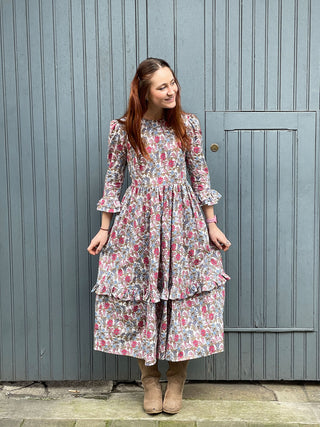
what is
Deadstock Fabric?
"30% of textiles produced do not end up in consumers’ hands." COSH
Deadstock fabrics are materials that are left over from the fashion industry. They are also known as overstock, surplus fabric, or remnants. This term refers to any fabric that is no longer needed for its original purpose or order fulfillment. Brands may order too much fabric, mills may produce incorrect colors, or overruns may occur. However, instead of discarding it, we can use it to reduce waste and make more sustainable choices.
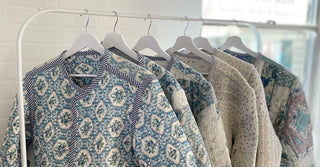
Vintage & Preloved Fabric
Vintage fabrics are known for their distinctive patterns, designs, and prints that may be no longer produced or widely available. From delicate florals to bold geometric shapes, vintage fabrics offer a diverse range of styles that add character and charm.
Why use Vintage & Preloved Fabrics?
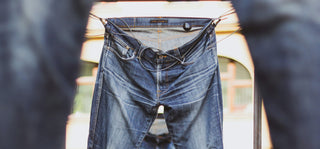
Reworked Vintage
Breathing new life into the worn: transforming them into unique and stylish pieces with a contemporary twist.
In our Winchester studio we have skillfully repaired and mended more than 250 vintage and preloved clothing items, consisting of 90 denim jeans, shorts, and jackets, as well as 150 sweatshirts. And we're still going strong!
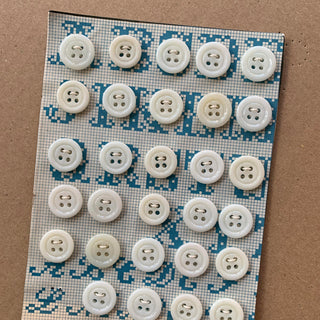
Vintage & Preloved
Trims & Buttons
Vintage trims and buttons often feature unique designs, materials, and finishes that add character and charm to our garments and accessories. By choosing vintage and preloved trims and buttons we are promoting ethical consumption practices by supporting reuse and repurposing of existing materials. The small proportion of new buttons we use are bought from UK supplier Courtney & Co.
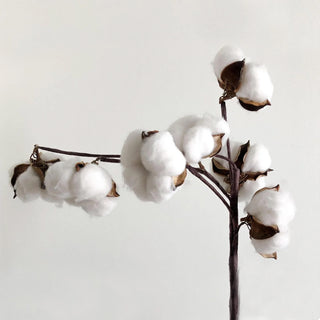
new fabrics we use
Sustainable Fabrics
Less then 30% of our remade collection is made from new fabrics. We always source natural fibre and try wherever possible to buy cotton which has been produced to a higher standard.
Oeko Tex 100 Cotton is a certification that ensures the cotton used in a product is free from harmful substances. It's been produced in a way that is safe for the people and in environmentally friendly conditions.
GOTS certified Cotton (Global Organic Textile Standard) they must meet specific processing standards, as well as meeting an ecological (for example not using harmful chemicals) and social criteria (for example working conditions must be safe and hygienic).
BCI Cotton - Better Cotton farmers receive training on how to use water efficiently, care for the health of the soil and natural habitats, minimise the impact of harmful crop protection practices, preserve fibre quality and apply decent work principles.




